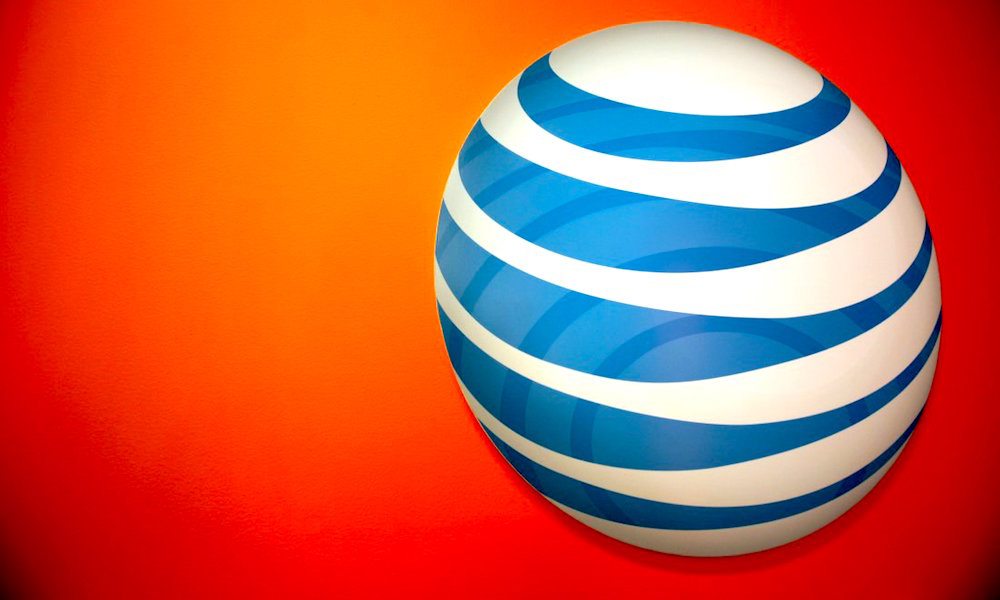How Will AT&T’s $85 Billion Acquisition of Time Warner Benefit You?

Toggle Dark Mode
AT&T recently inked an $85 billion deal to acquire Time Warner, sending shock waves rippling through the telecom and media industries. The deal would consolidate content and distribution lines under the control of a single, corporate behemoth. AT&T is the nation’s second-largest wireless carrier, which counts over 100 million subscribers across its wireless, broadband, and DirecTV businesses, and has a wealth of consumer data to boot.
The blockbuster merger would give AT&T control over Time Warner’s rich array of media properties, which include HBO, CNN, Warner Bros. Studios, and DC Comics, and their deep back catalogue of films and TV shows. It means that your wireless service provider may end up owning Batman, Harry Potter, and Khaleesi. But would the merger benefit you, the consumer?
Pros
The argument being advanced by AT&T and Time Warner execs is that a bigger media company will be able to more rapidly test ideas and bring them to market, sidestepping delays (like lengthy contract negotiations), and benefiting consumers in the end.
The two companies promise to come out with a wider variety of streaming packages to meet your viewing needs. “You’d have more packages. If you want a package of more channels, fewer channels, you want it mobile, you want it in your house across all your screens,” Time Warner CEO Jeff Bewkes said to CNBC.
Imagine a premium streaming bundle that allows you to watch the latest HBO shows, Warner Bros. movies, and CNN for a single monthly fee. Conversely, AT&T could also come out with cheaper, skinny packages for its mobile subscribers. A combined AT&T-Time Warner would also be able to more easily innovate, experiment, and develop content optimized for viewing on your mobile device, without the nitpicking over contracts and rights that usually slows such efforts down.
Finally, the deal could result in cheaper streaming packages for customers. The merger would attract advertisers, who could cover some of the costs of the programming while using AT&T’s horde of consumer data to better target their ads.
It’s also possible that a new media juggernaut would force Comcast, Netflix, and other competitors to come up with more attractive and cheaper streaming video packages.
Cons
The deal could prove to be a headache for non-AT&T subscribers. AT&T could theoretically throttle content to Verizon subscribers for instance and make it harder for them to access, in a bid to get them to switch sides. DirecTV could conceivably crowd out other content and favor Time Warner’s programming. In fact, Verizon did something similar to AT&T subscribers, blocking their access to games when it signed a free-streaming deal with NFL, according to The Verge.
Conversely, AT&T may privilege its own content, allowing its mobile subscribers to stream HBO without it counting against their monthly data cap, which could be a blow against net neutrality. There’s also the issue of privacy. AT&T and Time Warner probably already know more about us than we would like them to. But combining the two companies’ respective data troves would make them even better able to track and target consumers.
In any case, there’s a good chance the merger won’t go through. On Wall Street, shares of Time Warner tumbled 3.1% to $86.74, while AT&T’s stock fell 1.7% to $36.86, reflecting skepticism that the deal would get regulatory approval. The Department of Justice will closely scrutinize the deal and consider whether it violates antitrust laws. The FCC will end up weighing in on the deal as well. In a rare occasion, both Donald Trump and Hillary Clinton’s VP pick, Tim Kaine, has come out against the deal.
Do you think this merger would be beneficial or devastating for consumers?
Tell us what you think in the comments below.






